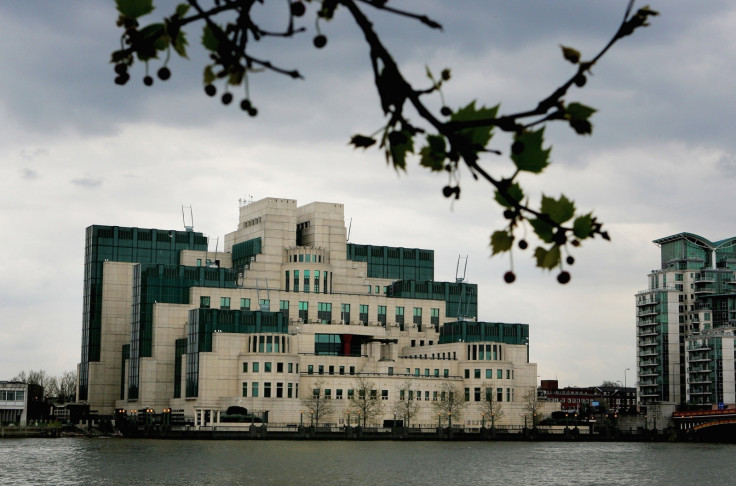MI6 to hire 1,000 staff as technology shakes up the modern spy game
Tinker, tailor, soldier, spy? MI6 set to ramp up staff numbers amid rising threats.

In the world of modern-day espionage, spies are just as likely to be sitting behind a computer as lurking in the shadows. Yet sometimes a trigger needs to be pulled, a contact needs to be made or an informant needs to be turned.
This, as British intelligence has come to realise, is where technology can be both an asset and a hindrance.
Advances in facial recognition and biometrics, the rise of social media and the sheer amount of personal information in circulation each impede covert activities in their own way. After all, John le Carré's infamous spook George Smiley would have been a very different character if he had Facebook.
The balance of technology and espionage is now under the spotlight in the UK, as it has emerged that the nation's intelligence agencies – MI6, MI5 and GCHQ – are set to be injected with fresh blood.
The main bulk of the MI6 hiring will reportedly come under the UK government's 2015 Strategic Defence and Security Review which promised nearly 2,000 additional staff to the main agencies. It is believed most of the staff will go to MI6, the BBC reported.
"The information revolution fundamentally changes our operating environment," said Alex Younger, head of the UK's Secret Intelligence Service (SIS) – also known as MI6 – during a rare appearance at a security conference in Washington DC on 21 September.
"In five years' time there will be two sorts of intelligence services: those that understand this fact and have prospered, and those that don't and haven't," he continued. "I'm determined that MI6 will be in the former category."
MI6, which is charged with protecting the interests of the UK and intelligence gathering, will reportedly embrace a 40% increase in spies by 2020. The agency will grow by nearly 1,000 people – bringing the total number of staff to roughly 3,500 based on estimated figures.
The agency appears aware that 21<sup>st century spies face a unique set of circumstances. Facial recognition technology and biometrics, for example, make travelling under assumed identities increasingly difficult – as reverse image searching can be used to expose past lives of anyone.
As the BBC noted, this issue was highlighted in 2010 after the assassination of Mahmoud Al-Mabhouh, a Palestinian militant in Dubai by an Israeli intelligence team, who were travelling under fake European passports. The faces of the hit team were caught on CCTV at the hotel where the target was killed, identifying the spies.
During the Washington conference, which was part organised by the Central Intelligence Agency (CIA), the MI6 chief praised the work of GCHQ, the UK equivalent of the National Security Agency (NSA), calling it the "most important part of British intelligence."
Yet he expressed concern that it's spying capabilities, including bulk interception of emails, calls and online chats, were also being used by foreign states. He also warned the threat from groups like the Islamic State (Isis) is likely to continue well into the future.
"Our opponents, who are unconstrained by conditions of lawfulness or proportionality, can use these capabilities to gain increasing visibility of our activities which means that we have to completely change the way that we do stuff," he said.
Younger specifically called out the impact of former NSA analyst Edward Snowden, responsible for leaking troves of classified on surveillance programmes made to scoop up communications data, such as XKeyscore and Prism, which he asserted caused a breakdown in the relationship between the spy agencies and major tech firms.
"I think that the real issue for us has been the effect that this has had on the levels of trust between the intelligence communities internationally and the technology community," the spy chief said. "To the extent that those revelations damaged and undermined the trust that needs to exist, I think it is highly problematic."
To combat the ongoing changes, MI6 aims to bolster its technical teams and develop state-of-the-art technology that will complement modern-day spying. New job advertisements have emerged on the MI6 website advertising premium positions.
"To enable you to create world firsts, you'll receive bespoke training that will further develop your software skills," states one description. "The technology department is critical in supporting the collection of Britain's foreign intelligence that helps protect the UK's security and prosperity. MI6 simply could not operate without our talented technology teams."
The agency is currently advertising for a range of technical roles, including software testers, analysts, engineers and infrastructure specialists.
© Copyright IBTimes 2025. All rights reserved.






















